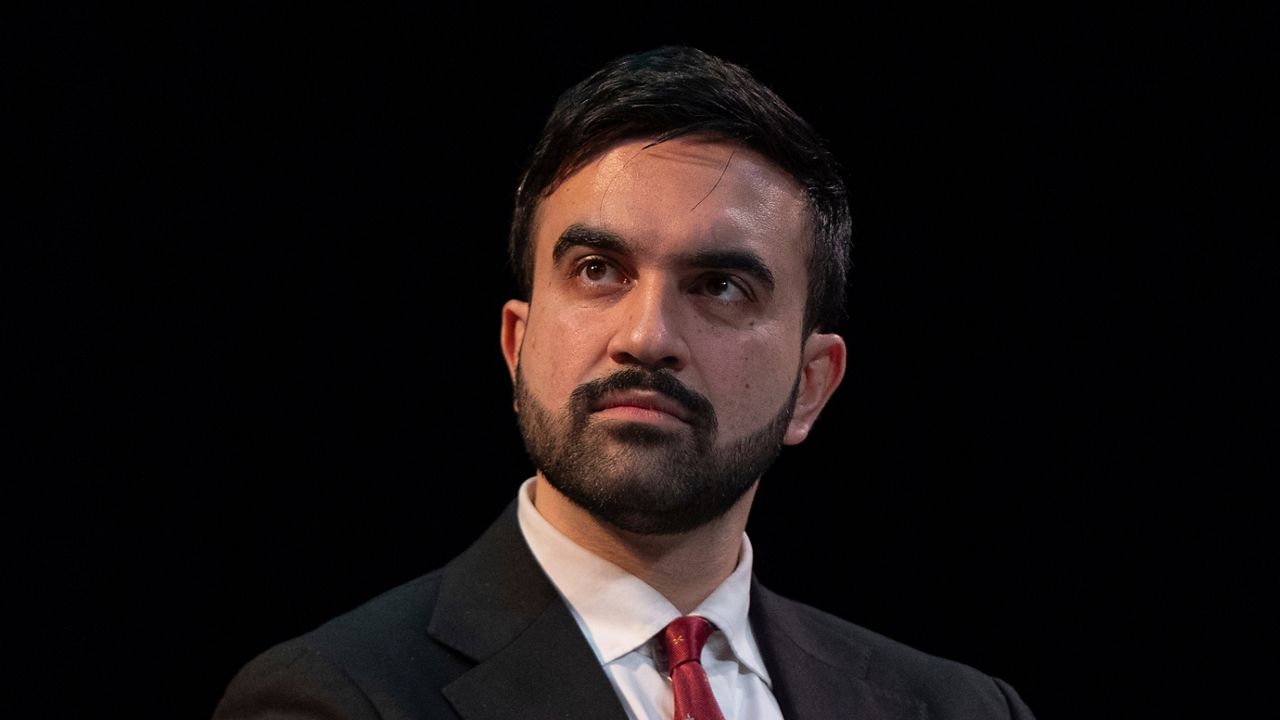Inside Manhattan’s criminal courthouse, an experiment of sorts is now underway, a unique collaboration between the Manhattan District Attorney’s Office and The Fortune Society.
“It’s very unique what we’re trying here,” Randy Rothschild, chief program officer with The Fortune Society, said.
What You Need To Know
- There’s a new approach to prevent crime in Manhattan and it starts in the courtroom
- The court-based navigator program is focused on meeting the urgent needs of New Yorkers after they leave an arraignment
- Navigators aim to help people get on a new path after an arrest
- “Coats, sweatpants, food, MetroCard, clothes, you know anything that they need right here in this moment; I can provide it for them,” navigator Devon Matthews said
Court-based navigators now sit in on criminal arraignments in Manhattan. If a person is sent home from jail, navigators begin their work.
“We go up to them and try to offer them services or anything that they are in need of,” navigator Marquis Holley said.
Navigator Devon Matthews described some of the help he’s offered people as they’ve left court.
“Coats, sweatpants, food, MetroCard, clothes, you know anything that they need right here in this moment; I can provide it for them,” he said.
Rothschild compared arraignments to “an emergency room, very chaotic, things moving very quickly, and so it’s the perfect opportunity.”
Navigators also offer help with long-term needs, including emergency housing.
“Giving someone a place to stay, to lay their head at night, you know, really goes a long way,” Holley said.
Manhattan District Attorney Alvin Bragg believes the program fills a critical gap after a court appearance.
“They say, you know, come back to court next Thursday at 10 a.m. for your next court date but the person doesn’t have a calendar and doesn’t have a job and, in some instances, doesn’t have housing, and so we don’t see them again until there’s another arrest.”
The Fortune Society launched the court-based navigators program with support from the Manhattan District Attorney’s Office in August.
“People getting a variety of services, that translates into stability, translates into people coming back for their court dates,” Bragg said.


_Pkg_ICE_Agents_Arrest_TPS_Venezuelan_Clean_134325866_118)

_Pkg_CP_Hochul_Trump_DOT_CG_133247410_434)


